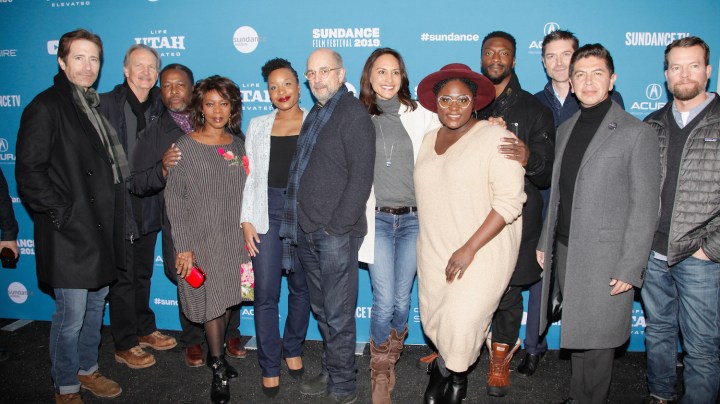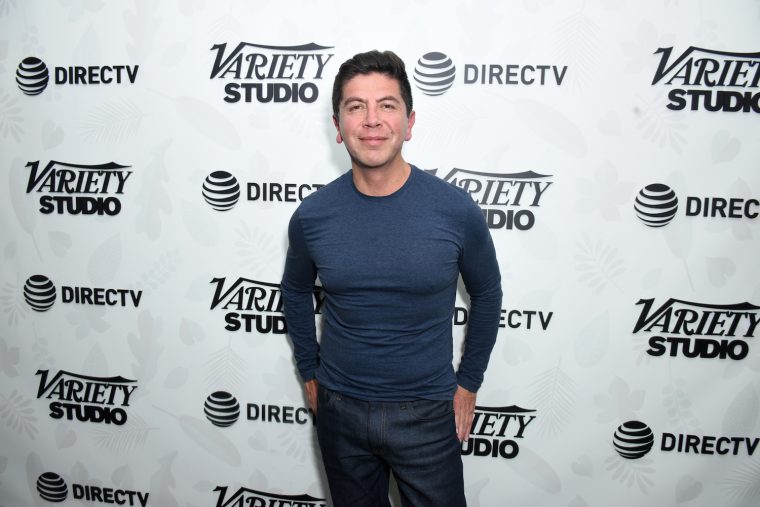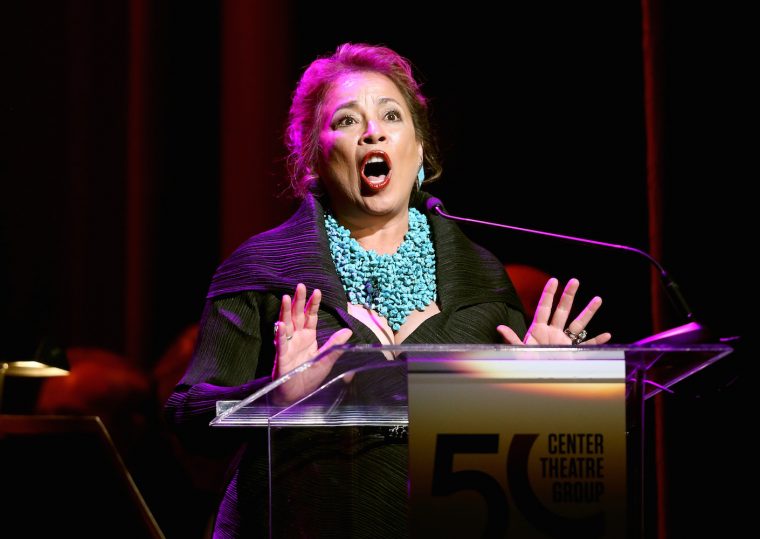Octavio Pizano, <i>Ms. Purple</i>

Best known for his work in the series If Loving You Is Wrong, Mexico-raised actor Octavio Pizano met Asian-American director Justin Chon at an acting group in LA. Fond of each other’s sincerity, the two quickly became close. “We had many conversations about breaking stereotypes, similarities between our cultures, and the racist undertones in our own communities,” said Pizano. Six months later, Chon, who had at that point found moderate success with his second feature Gook, offered the actor a part in Ms. Purple, a new project set in culturally dynamic Koreatown.
In the film, Pizano plays a valet boy who befriends a Korean-American doumi (a hostess paid to cater to businessmen’s whims at a karaoke bar) whose life is in turmoil. Shot on location at a karaoke club, the role required him to react to real situations around him, including drunk people yelling in Spanish as they were trying to shoot a scene. Being bilingual, he pretended he was the target of the expletives and went along with it. “Rather than losing that take, I took it in, reacted as if they were talking to me. I’m a border kid, switching back and forth [between English and Spanish] comes natural.”
One instance that captured the intersection of people from different backgrounds coming together is the quinceañera that Octavio’s character invites the protagonist to. Though the scene is relatively short on screen, it was significant for the production. “That night was like everyone’s quinceañera,” said the actor. “It was also the last scene we shot, a real party with real mariachis.“ Going through Pizano’s playlist to find the right song to play during that joyful moment, Chon found Chavela Vargas’ Paloma Negra, a heart-rending track that he couldn’t use for the celebration, but saved for a poignant moment, reaffirming the diverse setting of the Los Angeles-set story.
Films like Ms. Purple are not commonplace in Pizano’s career. In spite of having auditioned for shows with largely Latino casts like Netflix’s Narcos and FX’s Mayans M.C., he hasn’t managed to break through. “It’s about Hollywood’s perception of what a Latino actor looks like and acts like, a box I don’t fit in.” For him, the biggest takeaway from working with Chon is that, “We have to tell our own stories, not wait for them. That means writing, producing, and directing.” Pizano has already started directing.



